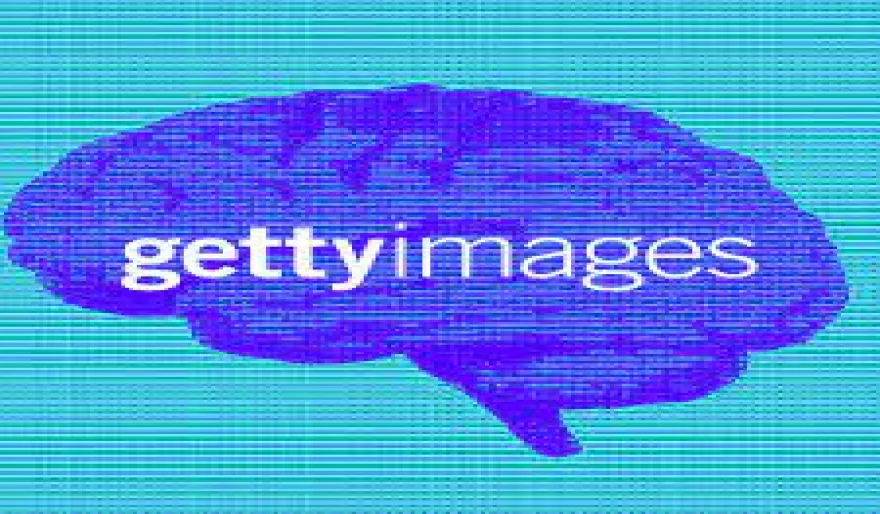Stay Ahead of the Curve
Latest AI news, expert analysis, bold opinions, and key trends — delivered to your inbox.
Getty asks London court to stop UK sales of Stability AI system
8 min read Legal showdown in London! Getty Images takes on Stability AI in High Court, claiming copyright infringement. ? Alleges AI system, Stable Diffusion, uses unlicensed images. December 05, 2023 06:12
the lines between innovation and infringement are becoming increasingly blurred. A recent lawsuit filed by Getty Images against Stability AI has brought this issue to the forefront, raising critical questions about the copyright implications of AI-generated content.
Getty Images, a leading provider of stock photos, alleges that Stability AI's AI image-generation system, Stable Diffusion, infringes on its copyright by using unlicensed images without permission. The company claims that Stable Diffusion was trained on a massive dataset of images, including many that are protected by Getty's copyright.
Stability AI, on the other hand, contends that Stable Diffusion is a transformative work that falls under fair use provisions of copyright law. The company argues that its system generates new and original images based on the vast database it was trained on, rather than simply reproducing copyrighted material.
The lawsuit, filed in London's High Court, has far-reaching implications for the future of AI image generation. If Getty Images prevails, it could set a precedent that limits the use of copyrighted material in AI training datasets. This could stifle innovation in the field and hinder the development of AI-powered tools for creative expression.
However, if Stability AI's transformative use argument is upheld, it could open up new possibilities for AI-generated content. Artists, designers, and other creatives could leverage AI tools to create original works without fear of copyright infringement.
The outcome of this case will undoubtedly shape the landscape of AI image generation and influence how copyright law is applied in the digital age. It is a crucial case to follow for anyone interested in the intersection of technology, creativity, and intellectual property.
Key Issues in the Case
Transformative Use: The central question revolves around whether Stable Diffusion can be considered a transformative use of copyrighted material. If so, it could be exempt from copyright infringement claims.
Fair Use: The court will also need to determine whether Stability AI's use of Getty's images falls under fair use principles, which allow limited use of copyrighted material without permission for purposes such as criticism, comment, or parody.
Balancing Rights: The case will test the balance between the rights of copyright holders, who deserve protection for their creations, and the potential benefits of AI technology, which has the power to revolutionize creative expression.
Implications for the Future
The outcome of this lawsuit could have a significant impact on the development of AI image generation technology. A ruling in favor of Getty Images could restrict the use of copyrighted material in AI training datasets, hindering innovation.
On the other hand, a decision upholding Stability AI's transformative use argument could open up new avenues for AI-generated content, empowering creatives to explore new forms of expression using AI tools.
The Getty Images vs. Stability AI case is a landmark legal battle that will undoubtedly shape the future of AI and its relationship with copyright law. It is essential to stay informed about the latest developments in this case as it unfolds.



















 AI Agents
AI Agents